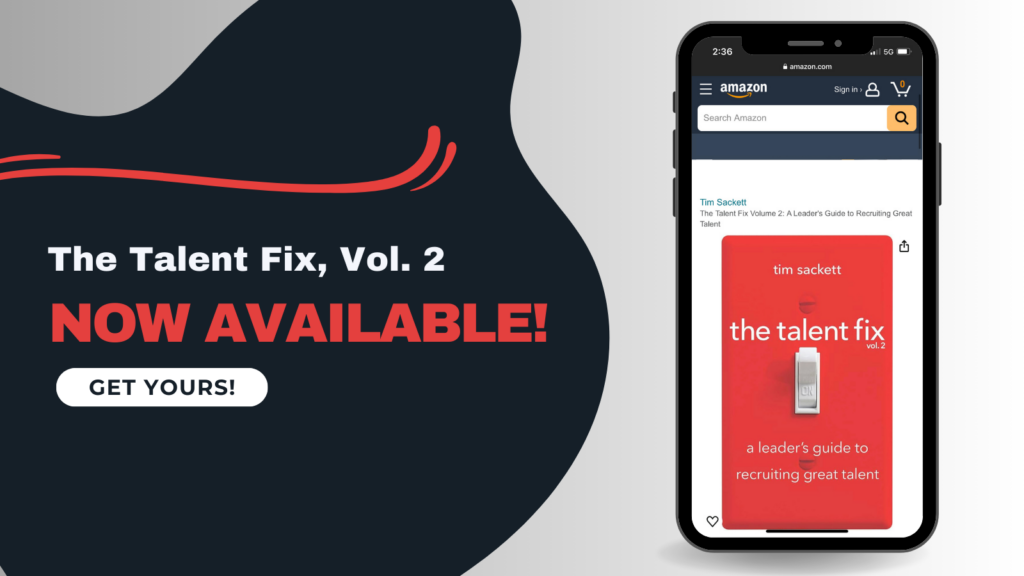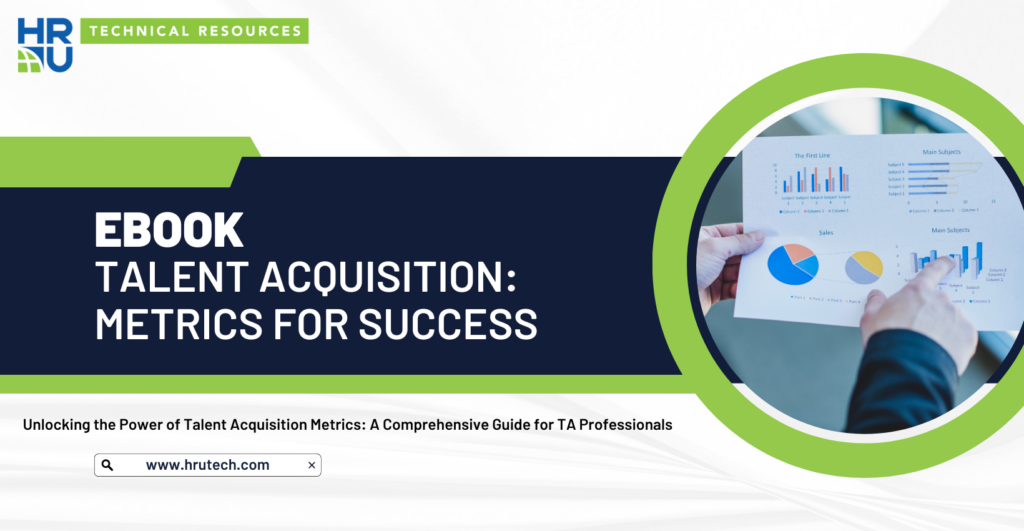Yesterday I answered a question from a candidate about why an employer ghosted them after their interview. Many readers were upset because they were also getting ghosted by candidates. In fact, like all the time, way more than then they would ever ghost a candidate. Oh, two wrongs do make a right!
All ghosting is sh*tty behavior by candidates and by those of us who hire. Period.
The reality is that this is hard to admit, and as a professional, we own a portion of the candidate ghosting. Are candidates awful for doing it in the first place? Yes. I will not let them off the hook. But I also only control what I can control, and that is my process, behaviors, etc.
Why are candidates ghosting us?
1. We are moving too fast. Wait, what?! We are told to move fast because that’s what candidates want!? Yes, but when you move so fast, the candidates don’t really know you (your company and you personally), the job, the boss, or the reasons why they should come and interview. It all doesn’t seem real. So, it becomes easy to just not show up. (Que Taylor Swift – We need to slow down!)
2. We aren’t giving candidates a way to easily tell us they moved on with another offer. Hourly candidates, especially, are moving fast and have multiple offers. You might have scheduled them for an interview later in the week, but they have already decided to go with another offer. While we gave them instructions on where to go and when we could have made it easier for them to opt out. Many organizations are using auto-scheduling tools like Paradox, which sends reminders and lets candidates choose to reschedule or cancel via text. Those organizations get significantly less ghosting!
3. We believe that once a candidate schedules an interview, our job is done. The most powerful human emotion in existence is being wanted by others. Candidates come to you for a number of reasons, all of which they can most likely get from someone else as well. But, you showing them more desirable than someone else is a key to great talent attraction. You still need to do that with your messaging even after the interview is scheduled.
4. We allow it to happen without any ramifications. (Okay, this might be a bit aggressive!) What if, every time a candidate ghosted you for an interview, you posted their picture and details on social media!? Yikes! Right?! “This is Tim Sackett, a cute redhead. He ghosted us for an interview yesterday at 3 pm. If you see him, tell him we are thinking about him!” Do you think it would get noticed? Heck, yes, it would!
5. We are making it too easy for candidates to interview. This is a catch-22. We need talent, so we reduce every roadblock possible for candidates. It’s so easy. Most don’t care if they burn the bridge or not. That is truly why employee referrals are so valuable for most employers. Referrals are far less likely to burn a bridge. That might be a trick to use. Ask a candidate: Do you know anyone at our company? Begin to tie the personal connection back to them, and they will be far less likely to ghost. Also, make it super hard to get an interview, and people will hold it as a higher value! “Only 1% of people who apply to our company ever get an interview! it’s a rare thing we offer to only the top candidates.” If you knew that was the case, you would show up for that interview!
I think most of the candidate ghosting is truly reflective of the poor morals and values of the people who are doing it. You made a commitment to someone. You keep that commitment, or at the “very” least, you inform that person you will no longer be able to keep that commitment. It’s a pretty basic human condition. Those who ghost probably had crappy parents and mentors in their life who didn’t teach them the basics. I’ve never once spoken to or met an upstanding individual who thought highly of themselves that would ghost. High-quality people don’t ghost. Low-quality people do.
People don’t like to hear that. They want to talk about circumstances and bad employers, etc. The reality is high-quality people will contact someone and let them know they no longer want to be considered, regardless of how crappy the employer may or may not be. Low-quality people just don’t show up. Don’t hate the player. Hate the game. I’m just telling you the truth. You already know.
If you’re an employer and you ghost candidates after interviews – You (not your organization). You, personally, are of low quality, just like the candidates who ghost you. I don’t like to hire low-quality people. But I also want to give every opportunity for a low-quality person to become a high-quality person.












